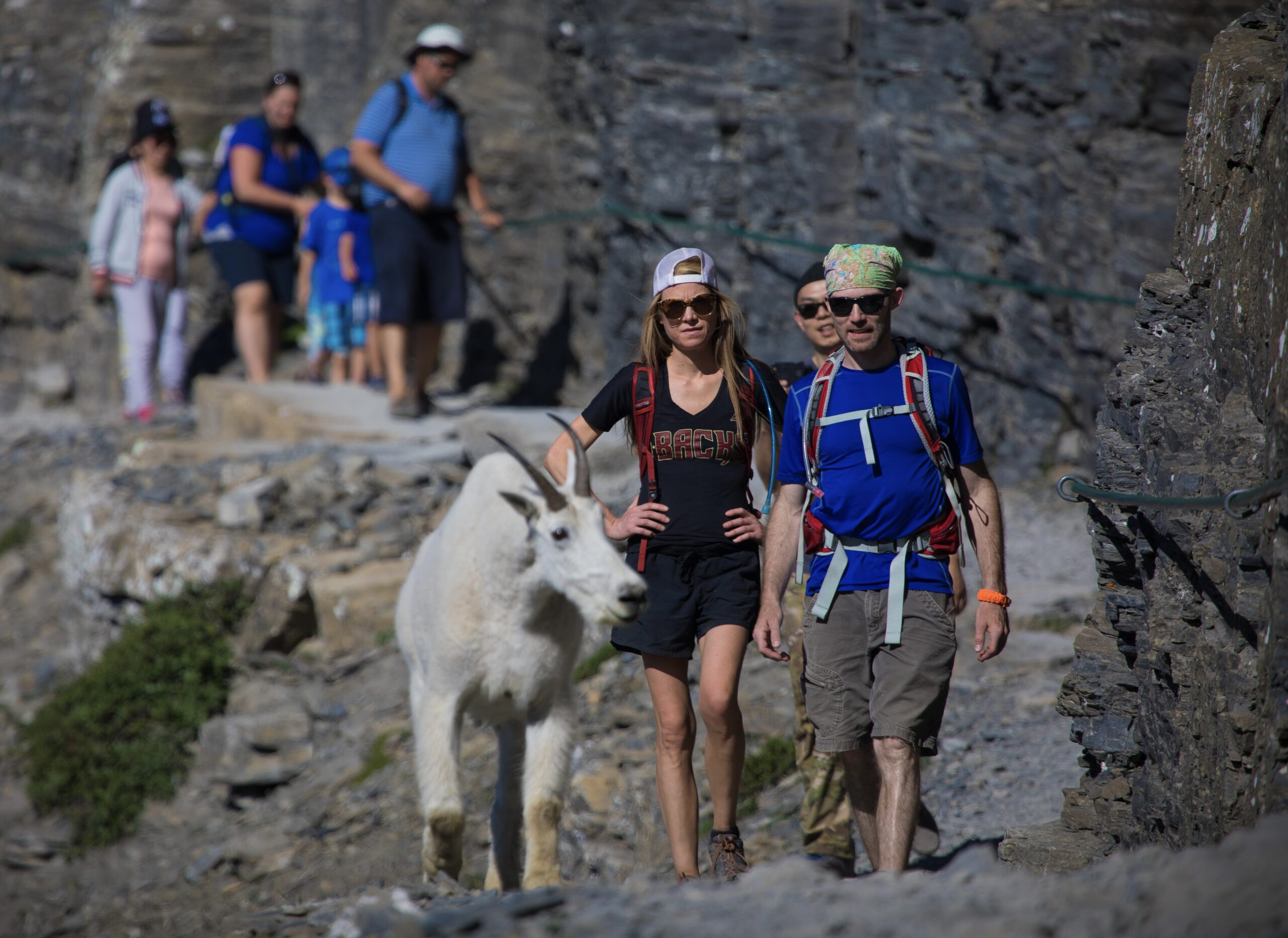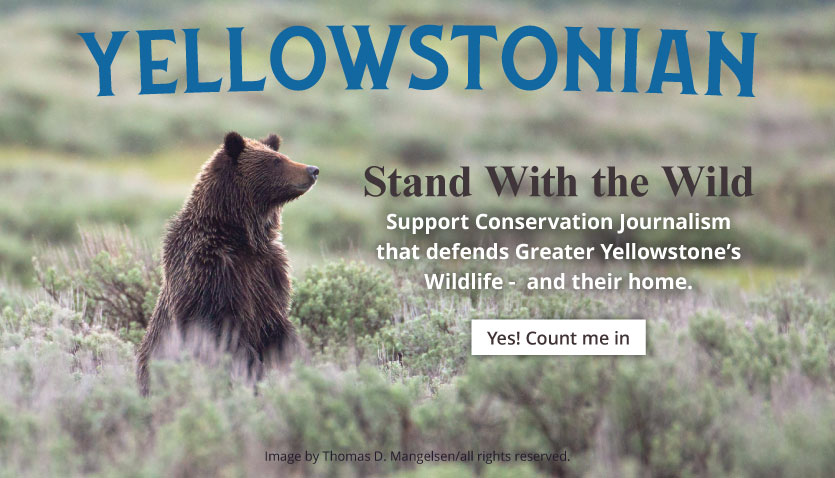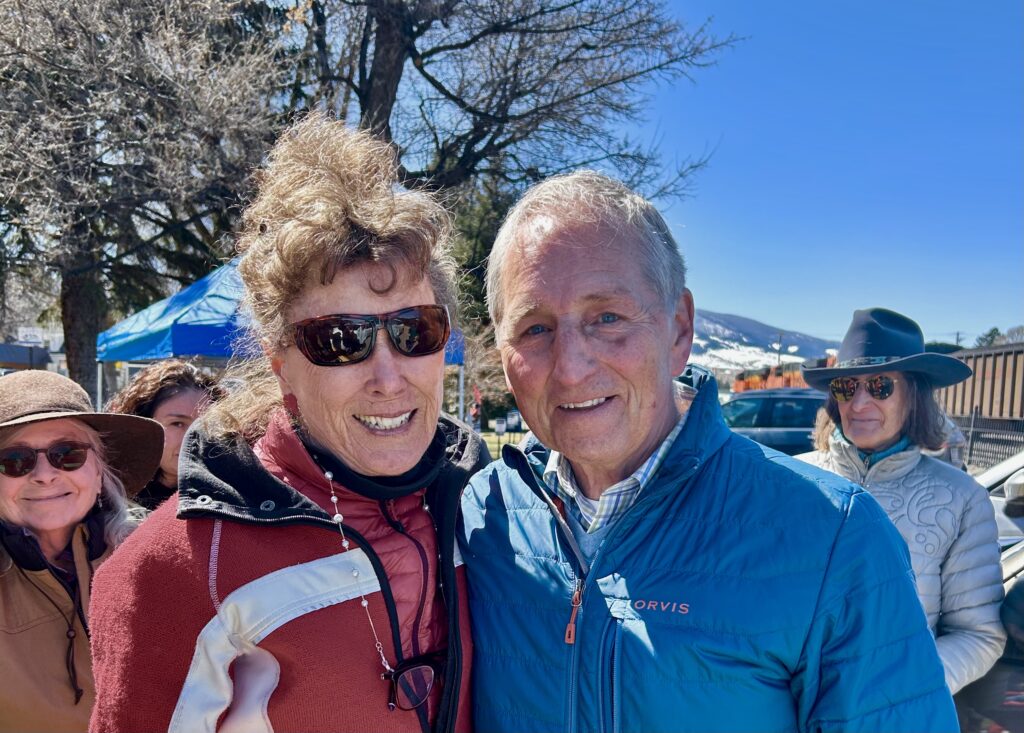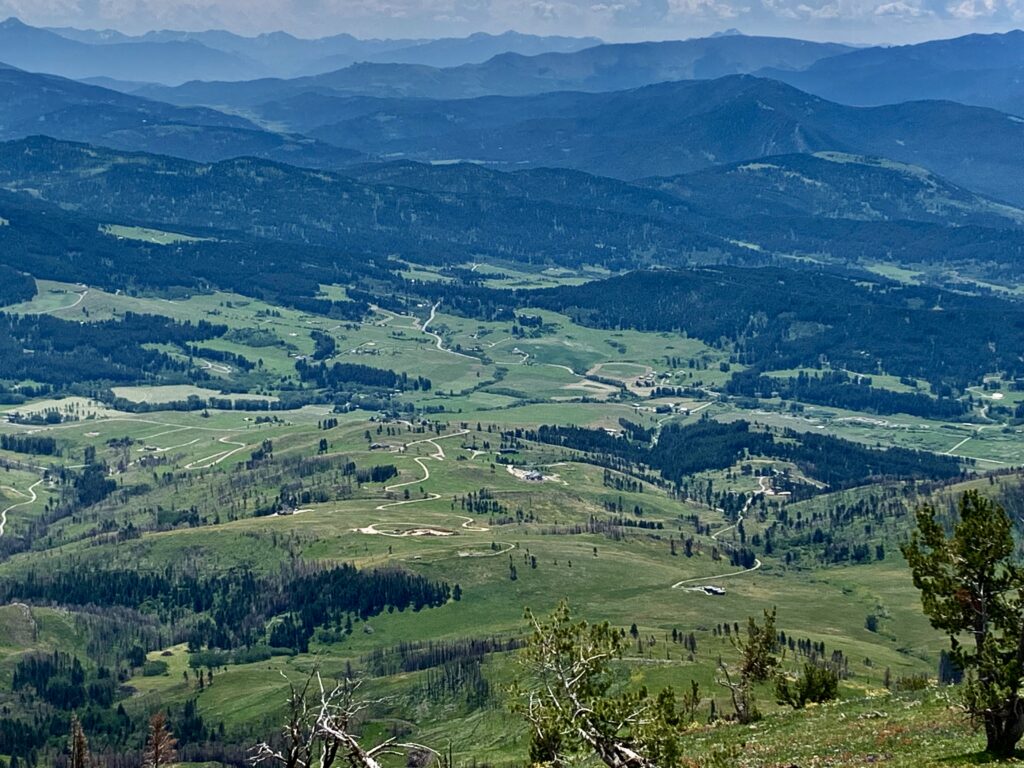A Question for the Moment
Why do we often act so surprised when we encounter animals on a backcountry trail?
It’s a little like having people we don’t know suddenly barging through our font door into the kitchen where we and family members are peacefully dining—and them, holding cans of bear spray or sidearms in their hands, being surprised by our presence.
When we’re recreating, we are entering the finite homes of wildlife, which have far fewer options for survival than we do. They’re in the habitat they depend on—by necessity. Our desire to have fun should not supersede their need to be undisturbed.
One more thing to remember: if we have our dogs with us, off leash, the level of disruption and displacement is even worse. Today, many of the federal land management agencies already treat front country areas as sacrifice zones allowing human users to dominate. Increasingly, some backcountry areas are beginning to resemble the busy front country.
When we use the word co-existence, what does it really mean, in terms of benefitting whom at the expense of what?






